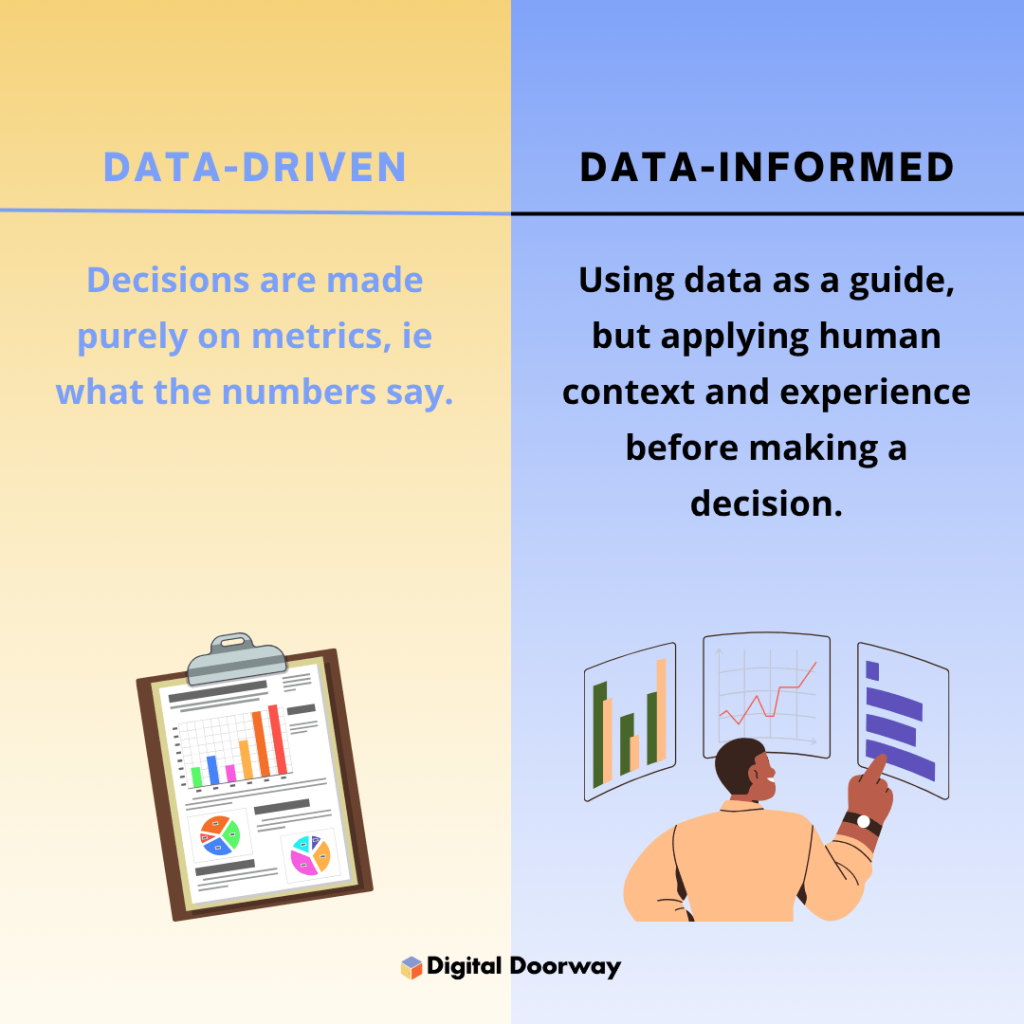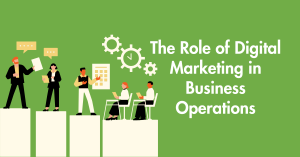Consistency has always been a cornerstone of effective marketing. But in a fast-moving digital world, consistency needs a partner: adaptability. Modern consumers are more informed, more selective, and more vocal than ever, and they expect brands to evolve with them.
Adaptive digital marketing means evolving with your customers, your data, and your environment. It’s about responding to what’s happening now, not just what worked yesterday.
Here are the key factors to consider if you want to keep your marketing truly adaptive.
1.Understanding the Modern Consumer
Today’s consumer is no longer passive. They know what they want and where to find it. Before making a purchase, they’ve already done their research, read reviews, compared brands, and probably watched a few videos too.
This behaviour shift has made marketing less about broadcasting and more about listening and responding. Adaptive marketing thrives on this. It acknowledges that customer needs, moods, and motivations change constantly, and your business must be ready to change with them.
2.Building a Strategic Online Presence
Being online isn’t enough anymore. Nearly every business has a website and a social media account, but the difference lies in how strategically those platforms are used.
Your business needs to show up in the right places, with the right message, at the right time.
For instance, if your target customers search on Google before buying, investing heavily in Instagram might not be the best move. On the other hand, if you’re a lifestyle brand with visually appealing products, Instagram might be your most powerful storefront.
The same goes for email and online advertising. A local restaurant might use email to share weekly specials, while a tech company could use LinkedIn Ads to reach key decision-makers.
The key: Focus your efforts where your customers spend their time and where you can deliver the most value.
3.Data-Driven vs Data-Informed: Knowing the Difference
It’s easy to assume that being “data-driven” is always the goal, but truly adaptive marketing goes a step further. It’s not just data-driven, it’s data-informed.

If analytics show a drop in engagement, a purely data-driven approach might tell you to post more frequently. But, using a data-informed approach, you would first ask why. Perhaps your audience is fatigued, or your messaging doesn’t align with current pain points.
Data gives you the what; context gives you the why. And it’s the why that helps you adapt intelligently.
4.The Future of Marketing is Customer-Centric
If there’s one constant in digital marketing, it’s that nothing stays constant for long. Algorithms change, new platforms appear, and customer expectations evolve. The only way to stay ahead is to keep learning.
The future of marketing is deeply customer-centric. And businesses that succeed will be those that:
- Learn continuously from customer behaviour and feedback.
- Embrace new technologies like AI, automation, and analytics tools to refine their strategies.
- Stay flexible, ready to pivot messaging, platforms, and tactics as the market shifts.
Think of adaptive marketing as a mindset, not a method. It’s about curiosity, openness, and the willingness to evolve because what works today may not work tomorrow.
The key to adaptive digital marketing lies in balancing strategy and flexibility, data and intuition, presence and purpose.
Your customers are evolving faster than ever. Is your marketing evolving with them? Get in touch with us today to get started with your tailored digital marketing strategy.


